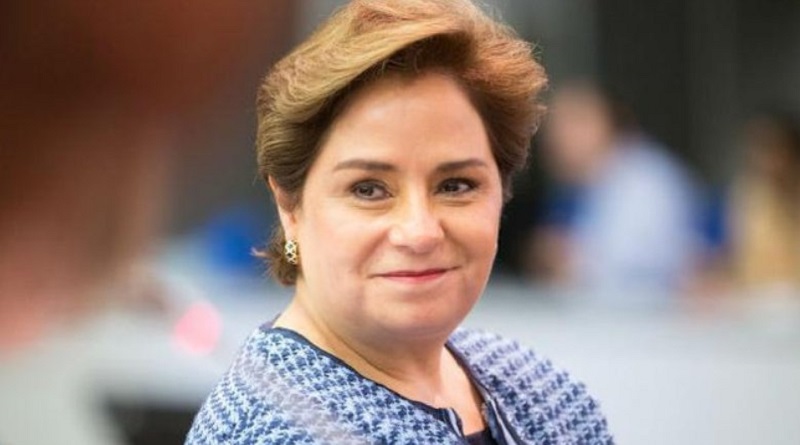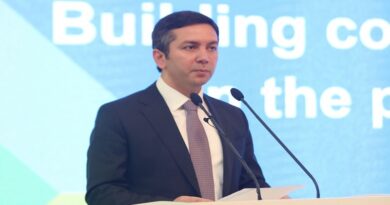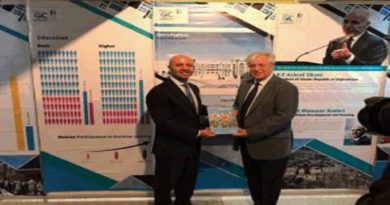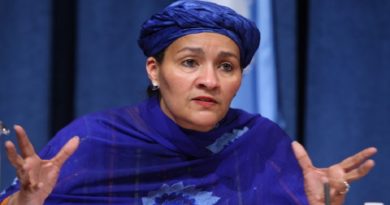Espinosa welcomes 2016 Summary for Policymakers report
The Executive Secretary, United Nations Framework Convention on Climate Change (UNFCCC), Patricia Espinosa, has welcomed the Summary for Policymakers (SPM) report, and annual go-to publication that summarises policies, technologies and initiatives to boost climate action.
Espinosa, while welcoming the report published by the UN Climate Change secretariat, noted that the 2016 SPM identifies immediate actions that can promote emission reductions, enhance climate resilience and further engage non-Party stakeholders.
She went further, “In light of the temperature goals established by the Paris Agreement, the 2016 SPM identifies immediate actions that can promote emission reductions, enhance climate resilience and further engage non-Party stakeholders, including through low-carbon development and national adaptation plans,â€
The SPM results from meetings throughout 2016 of the technical examination processes on mitigation and adaptation. As a result, and for the first time, the SPM covers both the reduction of emissions and the building of resilience and in its 2016 edition, contains a specific section on adaptation.
In the context of the landmark Paris Climate Change Agreement, which enters into force on 4 November 2016, the SPM comes at an opportune time as nations look to scale up their climate actions in line with the objectives of the agreement.
The 2016 Summary for Policymakers also highlights policies, cooperative initiatives and partnerships that can leverage new levels of local, regional, national and international action around the world.
Climate action by countries, companies, investors and cities, regions, territories and states has continued unabated since Paris and the full implementation of the Paris Agreement will ensure that this collective effort will continue to double and redouble until a sustainable future is secured. The SPM makes a key tangible contribution in this context.
“The 2016 Summary for Policymakers highlights the key messages for policymakers emanating from these processes and presents a broad range of policy options and collaborative initiatives with the potential to significantly enhance pre-2020 action on adaptation and mitigation,†High-level Climate Champions Hakima El Haite and Laurence Tubiana added.
The objectives of the 2016 SPM are to:
Highlight for policymakers the key messages and concrete actions to take and ways to further engage all stakeholders in the pre-2020 period;
Showcase more good practices in adaptation and mitigation policies, technologies and actions that could be scaled up and replicated by Parties;
Present cooperative initiatives that can help to support and enhance pre-2020 action by all stakeholders;
Highlight some of the numerous commitments and actions undertaken by stakeholders to promote emission reductions, address climate change risks and enhance climate resilience and enable all stakeholders to gradually shift from showcasing good practices and initiatives to incubating, inspiring and catalyzing new ideas and ambitious action.
The SPMs are designed as inputs to the regular annual high level events to be held in conjunction with the annual UN climate change conferences. They serve to take stock and further strengthen high-level engagement on the implementation of adaptation and mitigation policy options and actions and for providing an opportunity for showcasing strengthened voluntary efforts, initiatives and coalitions.




